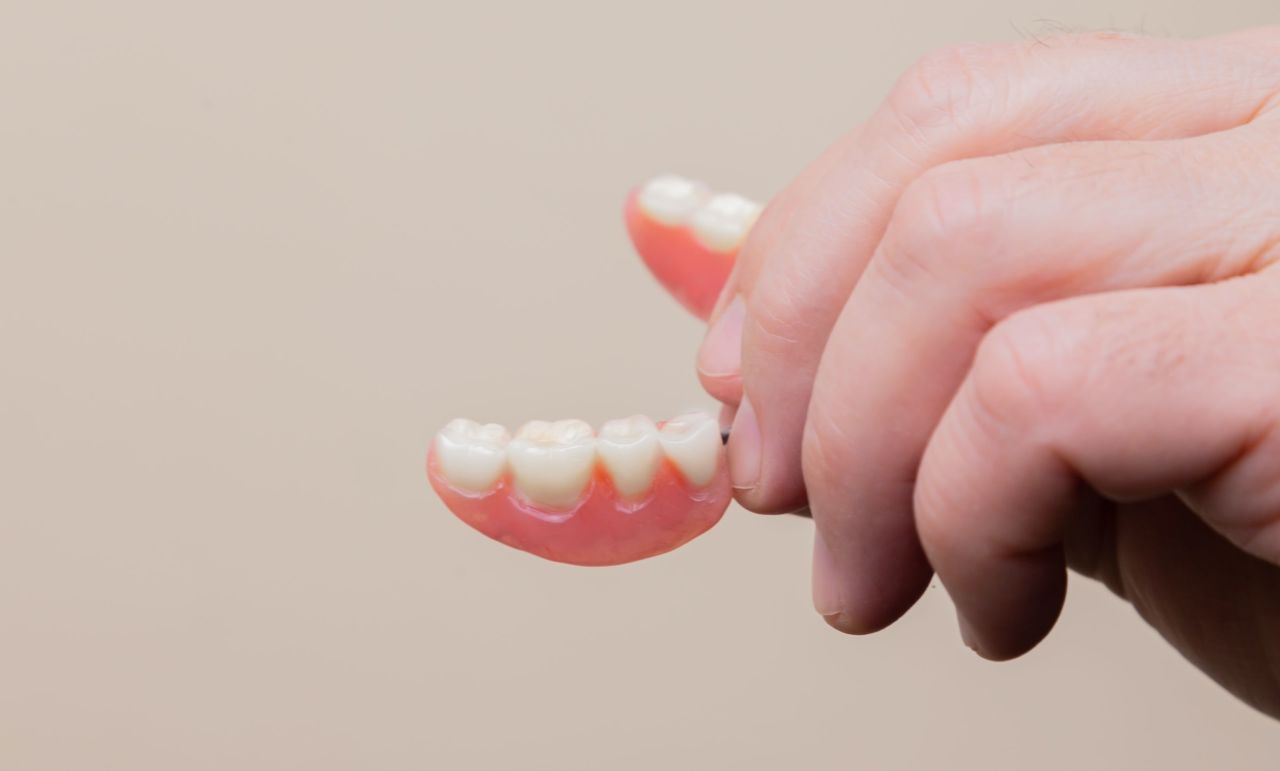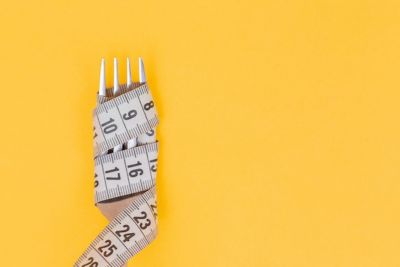Get In Touch
Info@fitfaysal.com

Lost some weight and feel like your dentures just don’t fit right anymore?
Reasons such as gum and bone density reduction and changes in facial structure due to weight loss could affect dentures.
Weight loss is often celebrated for its numerous health benefits; however, there’s an aspect that’s not commonly discussed: its potential impact on dentures.
The process of shedding pounds might bring about changes in facial structure and oral tissues, but does it also affect dentures?
Join me as I uncover the connection between weight loss and ill-fitting dentures, providing insights, tips, and solutions for maintaining dental health while pursuing a healthier lifestyle.
Disclaimer: I’m not a dentist; I focus on everything regarding weight loss and then piece together scientific research already available in a more digestible way.
Weight loss is a process that affects the body in various ways beyond the obvious reduction in body mass.
When we lose weight, our body undergoes a series of changes, both noticeable and subtle.
From alterations in body composition, such as reductions in fat and changes in muscle density, to shifts in facial contours due to fat loss in specific areas, each change contributes to an overall transformation.
Additionally, changes in metabolism, hormonal balance, and nutritional intake, frequently associated with weight loss, can potentially affect oral health and denture fit.
Understanding these broader effects is crucial to comprehending how weight loss might inadvertently affect dental health and denture fit.
Weight loss causing ill-fitting dentures is improbable; however, here are some reasons for expert arguments on the matter:
Weight loss may impact the oral cavity’s gum density, which may affect the supporting structures and the way dentures fit. However, this is very unlikely.
Significant weight loss, especially in the face, can change the structure and contours of the face, as well as the muscles that support it.
This can affect how well dentures fit if they were made using the prior facial structure.
Losing weight may cause remodeling or resorption of bone in the jaw, which could change bone density and eventually affect the stability and fit of dentures.

The Canadian Agency for Drugs and Technologies in Health (CADTH) conducted a study that found no recorded data suggesting weight loss could impact denture fit.
Reasons such as reduction of gum and bone density and changes in facial structure are arguments made to justify that weight loss could affect dentures.
However, the chances of your dentures not fitting properly due to weight loss are pretty unlikely unless you lose a ton of weight (20kg or more).
Currently, there isn’t any research tying weight loss to ill-fitting dentures.
Before jumping to the conclusion that weight loss is the culprit affecting your dentures, here are several other aspects and changes in the body that may impact the comfort and suitability of your dentures.
Tooth and gum health: Poor dental health, such as tooth decay, gum disease, or tooth extraction, can affect denture stability and fit.
Gum and jawbone recession: Natural aging or oral health issues might lead to gum or jawbone recession, influencing the fit of dentures over time.
Inadequate or abrasive cleaning: Improper denture care and cleaning can lead to microbial growth, which can affect fit and cause discomfort or odors. On the other hand, excessive cleaning methods could harm dentures, affecting their longevity and fit.
Wear and tear: Dentures that are overused or worn out over time can result in a poor fit and discomfort.
Incorrect Denture Fixing: Errors in the initial denture installment process may result in ill-fitting dentures.
Check out Why Your Teeth Hurts When You Run
Wearing dentures that do not fit properly can have several negative consequences, affecting both oral health and overall well-being.
Here are some signs and side effects of poorly fitted dentures:
Seeking professional advice and intervention from a qualified dental practitioner is crucial for addressing ill-fitting dentures if you’re experiencing any of these symptoms.
Arguments for why weight loss may affect dentures include decreased gum and bone density and changes in facial structure.
However, unless you lose a lot of weight, the chances of your dentures not fitting properly due to weight loss are slim.
Dentures may become unfit due to bone changes, weight fluctuations, wear and tear over time, or changes in oral health.
Significant weight loss can impact gum and bone density, which may affect tooth alignment. However, there is no scientific backing behind this theory.
Denture stomatitis, a fungal infection, is frequently linked to ill-fitting dentures.
Signs of loose fitting dentures include discomfort, dentures moving or slipping while eating or talking, chewing issues, and gum irritation.
Consider adhesives or soft liners, see a dentist for adjustments, and maintain routine care.